Women in Cardiology
Starting on International Women in Science Day (11th February) until International Women’s Day (8th March), we highlighted the incredible women working to save young lives through CRY’s cardiac screening and research programme.
Throughout the campaign, we shared their stories—what inspired them to pursue cardiology and what being part of CRY meant to them. Below you can read all of their stories in full.
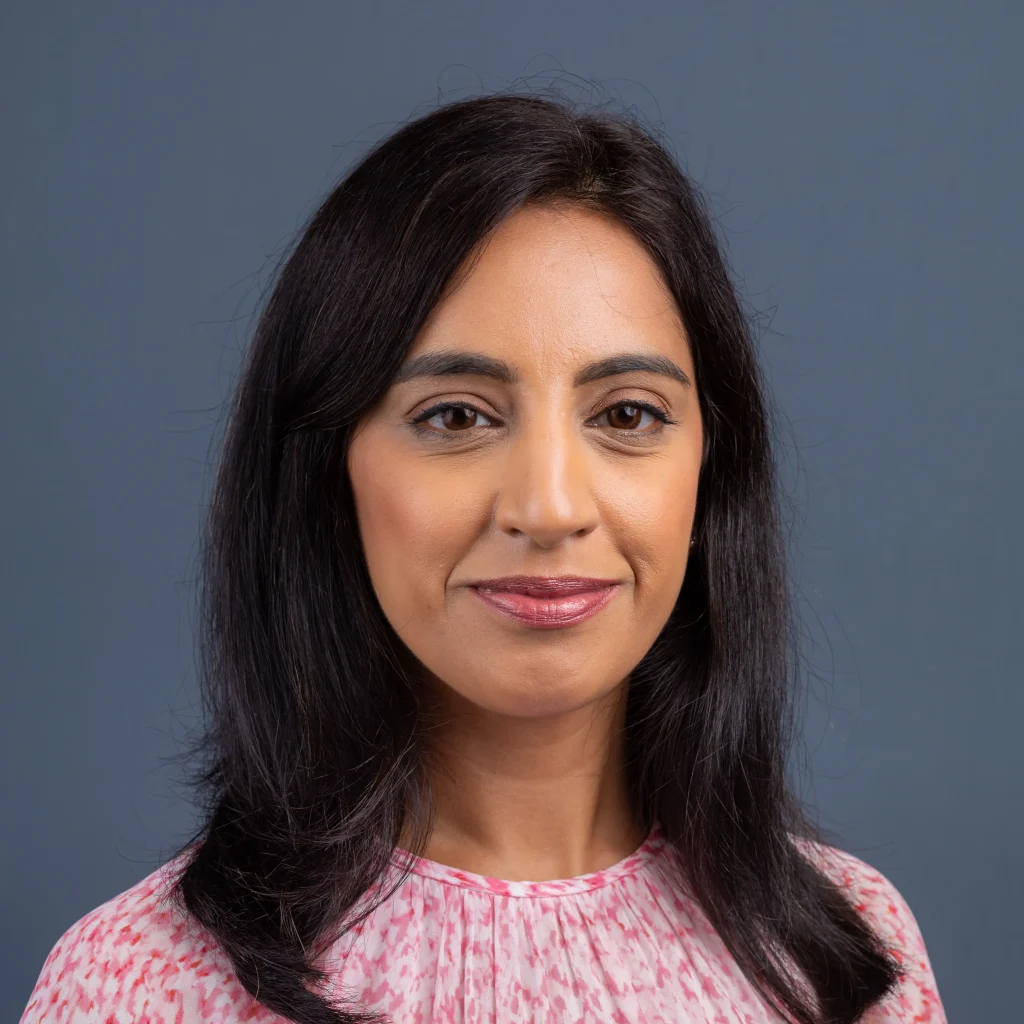
Dr Sabiha Gati
Consultant Cardiologist & Former CRY Research Fellow
Why did you choose to specialise in cardiology?
During my medical training, I was struck by how many patients admitted from the emergency department had underlying cardiac conditions. I was fascinated by the breadth of treatment options available which ranged from pills, pacemakers, angioplasty and ablation. When the time came to choose a specialty, I was drawn to cardiology because it allowed me to integrate my deep medical knowledge with hands-on procedural skills, such as pacemaker implantation and other cardiac interventions. My passion for the field was further fueled by personal experience—having witnessed the impact of heart disease within my own family, I was often sought out for medical advice as the only doctor among them.
During my training, I developed a strong interest in cardiac imaging, heart muscle diseases, and the effects of intensive exercise on the heart. As a junior doctor, I found myself in a speciality that remained heavily male-dominated, and I was often told that I might struggle to succeed or should consider an alternative medical path. Rather than discouraging me, these challenges only strengthened my determination to make a difference. I am particularly committed to advancing care for young individuals with heart conditions, athletes who want to continue exercising safely, and women’s cardiac health—an area that has historically been overlooked but is of growing importance.
What it means to you to be involved with CRY – and how this association helped to shape your career…so far
My association with Cardiac Risk in the Young (CRY) has been a defining part of my career, shaping my expertise in cardiac imaging, sports cardiology, and heart muscle diseases. CRY’s support was instrumental in advancing my knowledge, particularly through a three-year PhD fellowship under the mentorship of Professor Sanjay Sharma at St. George’s University of London. This invaluable opportunity deepened my understanding of inherited and exercise-related cardiac conditions, ultimately influencing the path I chose within cardiology.
A particularly memorable chapter of this journey was during the 2012 London Olympics, when I had the privilege of contributing to CRY’s pre-participation screening program for British athletes. This experience reinforced my passion for sports cardiology and highlighted the critical role of early detection in safeguarding young, active individuals. Building on this foundation, I pursued further specialisation in cardiac magnetic resonance imaging (CMR) through a fellowship at the Royal Brompton Hospital, where I later became a consultant cardiologist leading a sports cardiology service. This role has allowed me to integrate my expertise in heart muscle diseases and imaging, ensuring athletes and young people with heart conditions receive the best possible care.
Beyond my clinical and academic journey, my involvement with CRY remains deeply meaningful. I have actively participated in CRY international conferences, contributed to heart screening programs for young individuals, ‘MyHeart’ sessions and engaged in research aimed at improving ECG and imaging interpretation in the youth population. The ability to make a tangible impact whether by diagnosing a potentially life-threatening condition early or guiding patients through safe participation in sports is what continues to drive my passion for this field.
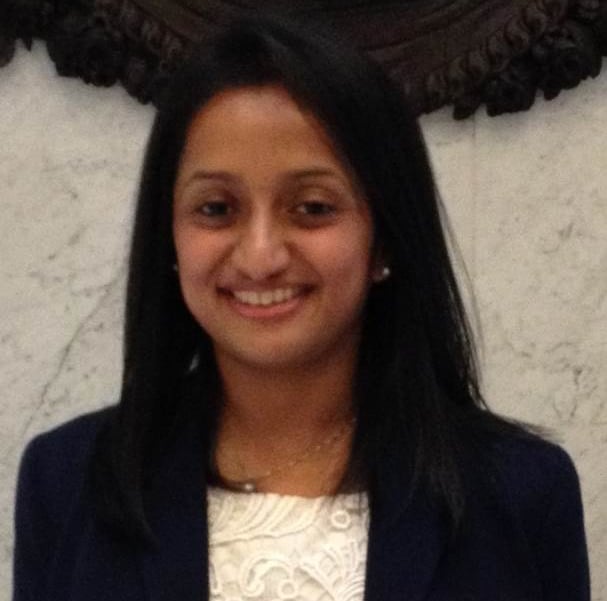
Dr Keerthi Prakash
Consultant Cardiologist & Former CRY Research Fellow
Why did you choose to specialise in cardiology?
For as long as I can remember, I’ve always wanted to be a Cardiologist… even before going to Medical School! I love that as a Cardiologist my work comprises of performing procedures, as well as being able to have a holistic approach in the management of the patient: in the prevention, diagnosis and treatment. I have been lucky enough to be surrounded by family and mentors throughout my life who never made me feel that being a female would stop me from achieving my life goals and dreams!
What it means to you to be involved with CRY – and how this association helped to shape your career…so far
As a Cardiology Consultant subspecialising in inherited cardiac conditions, sports cardiology and imaging, my time as a former CRY fellow under the auspices of Prof Sanjay Sharma were invaluable, and filled with many happy memories! It was a pleasure and a privilege to be a CRY fellow, working with such a great team of individuals, all of whom are passionate in their cause to help identify early and treat inheritable cardiac conditions in young people.
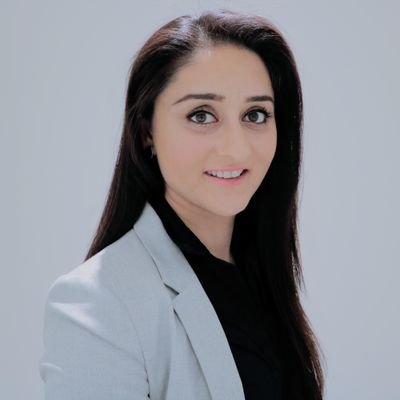
Dr Sarandeep Marwaha
Cardiologist & Former CRY Research Fellow
Why did you choose to specialise in cardiology?
When asked why I chose to specialise in cardiology – in what was perhaps a ‘traditionally’ male dominated area of medicine – I can honestly say that when I picked this career path, I never really thought about gender. And, I certainly never felt that it should hold anyone back from pursuing their passion or that it wasn’t an option for me as a female doctor. In fact, looking back, I chose to pursue cardiology because I happened to be truly inspired and encouraged by the men in the field that I’d met, studied and worked alongside. But I didn’t see them as “male cardiologists”—I just saw them as human beings with exceptional knowledge, remarkable skills, and a deep passion for treating their patients.
In cardiology, we are always pushing boundaries, seeking knowledge, and making a difference. With cardiac conditions, a person’s life can be lost in an instant, and quick thinking within seconds can save them. Advancing research can save lives, and above all, that is why I chose cardiology.
As a woman in cardiology and science, I believe it is important to be a role model—a compassionate human being who shares knowledge about the heart and treats heart disease so that people can live healthy, fulfilling lives. We must support both men and women in this field, working together without discouragement or a need to emphasise gender.
Instead, we should highlight the merit of one’s hard work.
What it means to you to be involved with CRY – and how this association helped to shape your career…so far
For those who know me, I am deeply passionate about charity work. Giving without expecting anything in return allows us to see the true beauty of this world.
When CRY gave me the opportunity to integrate charity work into my profession while also contributing to research that helps victims of sudden cardiac death and their families, I was incredibly grateful.
Along the way, I have met so many amazing, selfless individuals who have dedicated their time to screening for inherited conditions that could put someone at risk of losing their life. I have also witnessed the incredible strength of parents who have lost a child yet continue to raise significant funds to ensure that other children’s lives are saved through the screening program.
Through my work with CRY, I have seen first-hand what we can achieve when we come together. I will always cherish the memories of screening with my team—it has shaped me into a better cardiologist and opened doors for research opportunities I never could have expected.
I am truly grateful to all my supervisors and the CRY team for making these years so meaningful and memorable.
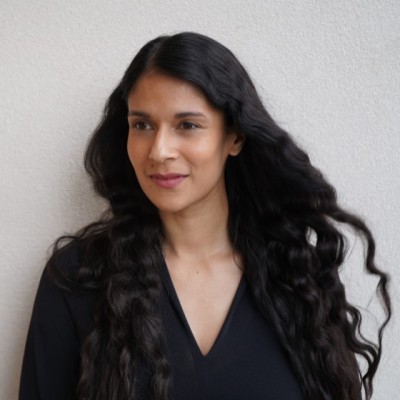
Dr Joyee Basu
Consultant Cardiologist & Former CRY Research Fellow
Why did you choose to specialise in cardiology?
Like most doctors I enjoyed most of the specialties I encountered but I ultimately settled on cardiology as it has a great mix of diagnostics and procedures. I was also very lucky to have some great mentors (both male and female) who never discouraged me from entering a historically male dominated speciality and told me it was possible to “do it all”. In turn, I am now a woman in cardiology regional representative as I am passionate about supporting women to achieve their goals.
What it means to you to be involved with CRY – and how this association helped to shape your career…so far
During the CRY fellowship I spent a lot of time thinking about how to help patients we diagnosed with inherited cardiac conditions to live happy and healthy lives. It has been a passion of mine to keep people active and, on the back of my research funded by CRY, I have been able to raise awareness and educate both patients and healthcare professionals around exercise prescription as well as gain national support for cardiac rehabilitation in these patient groups. Without the support of the CRY Research Fellowship, I don’t think I would be where I am now.
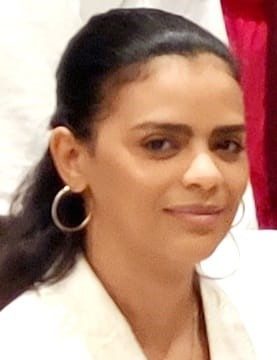
Dr Khalda Halim
CRY Research Fellow
Why did you choose to specialise in cardiology?
Cardiology is in my opinion, the most exciting branch of Medicine. Since University, I have found it to be fascinating how a single organ can be so simple yet so complex and essentially life giving. It all makes sense with the heart, more so in this current time of innovations and breaking sciences. To be a Cardiologist, you have to be a decision maker and perceptive individual, and women excel in both counts, so it always was clear to me that this is where I need to be.
What it means to you to be involved with CRY – and how this association helped to shape your career…so far
CRY is a pioneer and leader in preventing young people’s death in the UK. I have learnt a lot from the screenings and it has helped to further our understanding of what a ‘normal’ and ‘abnormal’ ECG is. The research work by CRY has been groundbreaking and changed practices all over the world. Knowing that with every screening you may be able to prevent even a possible single person’s death, is both rewarding in itself as well as daunting responsibility, but it is what needs to be done.
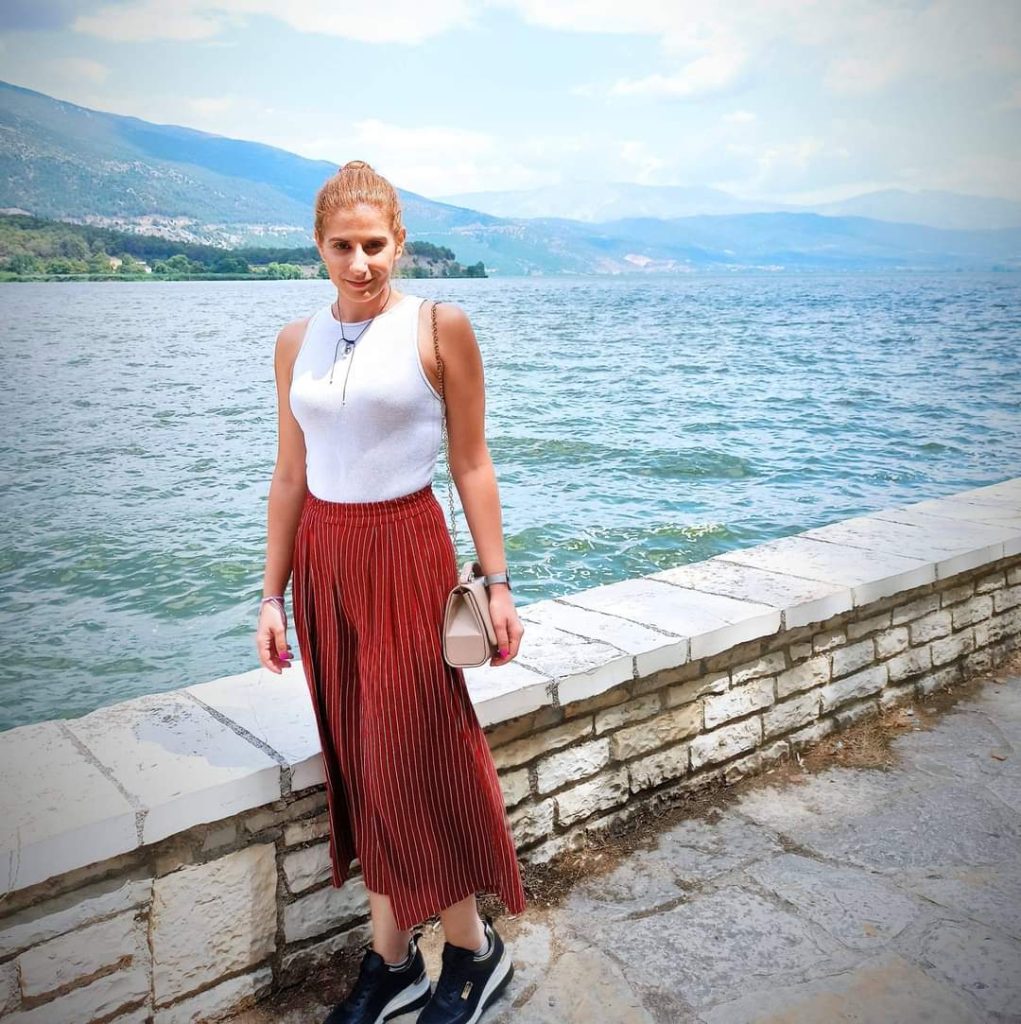
Dr Dimitra Maritsa
CRY Research Fellow
Why did you choose to specialise in cardiology?
I have been having a special interest in cardiac function and pathology since my years in the university, and this passion grew while I was doing my residency in internal medicine; by then, I knew that becoming a cardiologist would be the only way for me. The heart is a vital organ with fascinating electrical and mechanical properties, while heart disease is the leading cause of death. Mastering cardiac physiology to diagnose, treat and prevent cardiovascular disease is intellectually stimulating and engaging, and most importantly, cardiologists can make a big impact in people’s lives. Undoubtedly, this career choice comes with many challenges including a long training process, which is physically and emotionally demanding, the great responsibility to manage life-threatening conditions, and an engagement to lifelong education to provide updated evidence-based medical practice in this constantly evolving and very competitive field. Although cardiology has been historically male dominated, I did not allow this to cause me any second thoughts at all. At the end, this is where my “cardia” [(cardiology < cardia (heart) + -logia (study of)] truly lies, and I strongly believe that there is a need for more passionate, enquiring, creative and caring female scientists in cardiology, who can write their own pages in the modern history of our specialty.
What it means to you to be involved with CRY – and how this association helped to shape your career…so far
Working with CRY has been a unique experience and an invaluable opportunity for me not only to improve my medical but also my organizational and communicational skills. As a screening doctor, I have to evaluate timely and accurately up to 100 young individuals per event and identify abnormal ECGs that should prompt further investigations. The whole process, apart from a very good scientific background, also requires alertness, time management and communicational skills, and of course adaptability, given that we operate at a different setting and with a different team synthesis upon each event. Overall, this is a challenging and very intriguing job, which has exposed me to a large volume of electrocardiograms within a short time, promoting fast-track building of experience, most useful for the next steps in my career. Not to mention the amazing collaboration with Professors Sanjay Sharma and Michael Papadakis, who are leading experts in the field of Inherited Cardiac Conditions and Sports Cardiology that I am currently specializing in. Most importantly, the “heart of CRY” is the CRY families that after a tragic loss have managed to transform their grief into a generous and kind gesture with a huge impact on the community, setting a great example for all of us. Having been working for several months with CRY, I have witnessed the group effort to make the most out of these families’ donations and the dedication to provide a high-quality preventive medical service as widely as possible. Therefore, being a member of the CRY team has honestly been an honour, a pleasure and an inspiration.
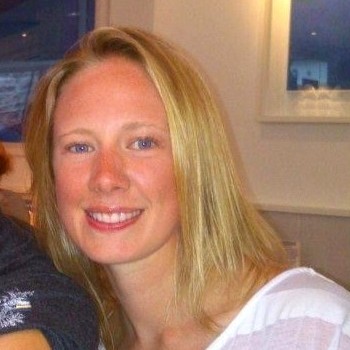
Rebecca Osborne
CRY's Elite Athlete Cardiac Screening Manager
Why did you choose to specialise in cardiology?
I’m not going to lie – I fell into this sector by opportunity! My background is Sport & Exercise Science, and after completing a BSc and MSc in this area specialising in Physiology, I worked in private healthcare. And then I saw a job opportunity working for CRY based at the Olympic Medical Institute which combined the world of elite sport with healthcare. I had never heard of CRY before I saw the job advert, but soon came to realise how special the charity is after researching what they do and stand for.
Background: My dad collapsed and died completely suddenly and unexpectedly when I was 3 months old from an undiagnosed cardiac related condition, but not a condition CRY checks for (and he was >35 years old), but growing up with this family history has made me be able to relate to a lot of the families stories I read and hear about through CRY. And this is another reason why I applied for the job when I learnt what CRY is about.
What it means to you to be involved with CRY – and how this association helped to shape your career…so far
I’ve been with CRY for 18 years this year (crazy!), but this length of time is such a positive reflection on the charity I feel. I’ve worked with professional athletes from all sports throughout all of these years, seeing them go through their careers (some I’ve now seen from u16s level to retirement). And in this time, I’ve seen our Cardiologists detect abnormalities that require further investigations. In this area of the job, you never really want to find an abnormality, but if/when you do, it’s extremely rewarding if an athlete is able to undergo a procedure that has potentially saved their life and then return to their sporting career. And then on the on the other side of this job is being involved with some of the memorial fund screenings CRY do. I’ve managed the screenings for some of the families who have lost their loved ones for many years and got to know them so well, and to see how they turn such a loss into something positive for their community is incredible. Through working with our team of physiologists, cardiology research fellows and our consultant cardiologists, I’m always learning something new. I don’t think there is another job out there the same as this role which is extremely special.
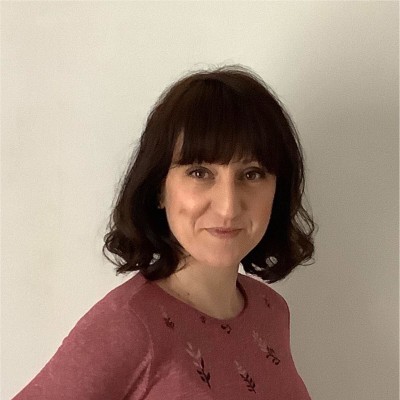
Azra Loncarevic-Srmic
CRY's Director of Screening and Research
What it means to you to be involved with CRY – and how this association helped to shape your career…so far
Being part of CRY has been both a great privilege and a personal mission. CRY’s dedication to preventing sudden deaths in young people resonates deeply with me, and I am honoured to contribute to such a vital cause. Working as a Director of Screening and Research, I have witnessed the impact our program have on saving lives and raising awareness about inherited cardiac conditions and this experience has greatly enriched my professional journey.
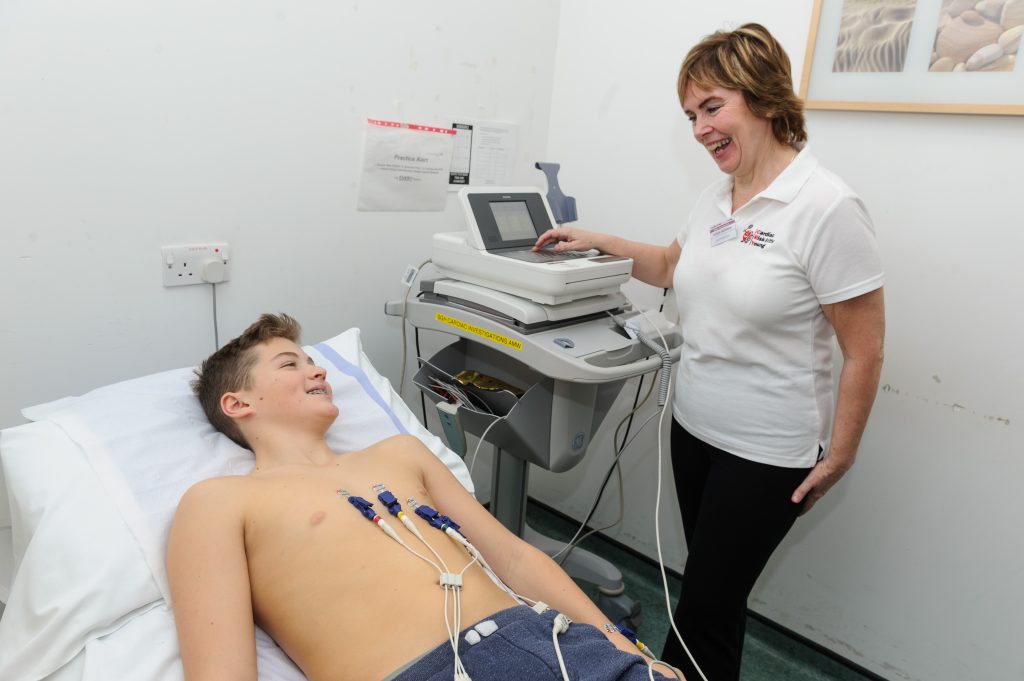
Teresa Brennan
CRY Physiologist
What it means to you to be involved with CRY – and how this association helped to shape your career…so far
CRY means so much to me, it has been a big part of my life for many years and l feel very proud to be part of it.
Passion is a word that jumps into my mind straight away when l think of CRY, l feel strongly about the screenings, the opportunity given for a young person to get a painless test done to check if all is well or if something needs investigating.
When l reflect l can remember times when l did an ECG and the outcome meant that a young person went onto have procedures that saved their lives.
A smile comes to my face when l think of my first screening, l can still remember the nerves in my stomach as l travelled there but then on my journey home l had this feeling that I had done something exciting and interesting.
At that time l had no idea what the future would hold for me and the road that l would walk with CRY. Since that first screening l have travelled to every inch of the country including the Outer Hebrides and Islands. Along this incredible road l have had the privilege to meet so many people that l hold in my heart. Stories of loss , yet through that loss came courage, laughter even , at memories of the person .
How lucky am l to have had this opportunity which has helped me grow in my own self also my professional life , the knowledge l learnt from research doctors , the papers they wrote , valuable information that helped me progress at St George’s the hospital l worked in for 30 years .
Even today at a screening at a boys grammar school, l meet young men talking about their aspirations and hope for the future. Just listening to them gives me energy and l realise how much l love this job with CRY.
I have seen CRY start as a tiny speck in a world of cardiology where many cardiologists had no belief in what Alison Cox was working towards and yet here we are and my has that tiny speck grown! It fills with pride at Alison and her achievements, also that l was part of that.
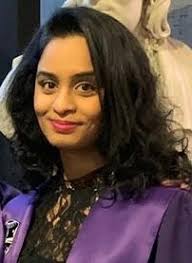
Dr Nirmitha Jayaratne
CRY Research Fellow
Why did you choose to specialise in cardiology?
I fell in love with Cardiology as a 2nd year medical student. I was mentored by a Professor of Cardiology whose passion for the speciality was both infectious and inspiring. After a 2-week period of shadowing him, I decided to undertake my intercalated BSc in Cardiovascular Medicine at Imperial College London which expanded my knowledge of cardiac physiology and grew my passion for the speciality even more.
Fifteen years down the line as I continue to train within this dynamic speciality, I am happy to see that more and more women are now entering a speciality which has been traditionally male dominated.
What it means to you to be involved with CRY – and how this association helped to shape your career…so far
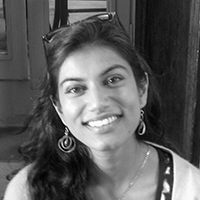
Dr Tracey Keteepe-Arachi
Consultant Cardiologist & Former CRY Research Fellow
Why did you choose to specialise in cardiology?
Choosing to study medicine was an easy decision for me, but specialising in cardiology required more careful consideration. Cardiology training is demanding, the hours are long, and the job can be relentless — but I knew I couldn’t imagine doing anything else and feeling truly fulfilled. The heart is the organ everyone takes seriously, and it’s a privilege to support patients during what is often one of the most anxious and vulnerable times in their lives. What makes cardiology so rewarding is knowing that treatment doesn’t just manage symptoms — it genuinely saves lives.
What it means to you to be involved with CRY – and how this association helped to shape your career…so far
My four years as a Cardiac Risk in the Young fellow was an incredibly meaningful and formative part of my career. It has been a privilege to be associated with the charity – whether through screening events, research collaborations, or supporting affected families.
I am now a consultant cardiologist specialising in inherited cardiac conditions at the John Radcliffe Hospital in Oxford, and there is no doubt that working with CRY facilitated this journey. CRY has also given me the opportunity to learn from experts, like Professor Sharma, contribute to national screening initiatives, and help promote awareness amongst health professionals and the public. This has not only shaped my clinical practice but has also strengthened my dedication to improving outcomes for individuals at risk of inherited cardiac conditions.
CRY’s commitment to identifying and preventing sudden cardiac deaths in young individuals deepened my understanding of the huge impact of inherited cardiac diseases on families and communities. CRY’s initiatives and research have also helped address the longstanding disparities in cardiovascular disease between women and men. Working with CRY has thus inspired my passion to address these differences, and endeavour to improve the care of women with inherited cardiac conditions.




